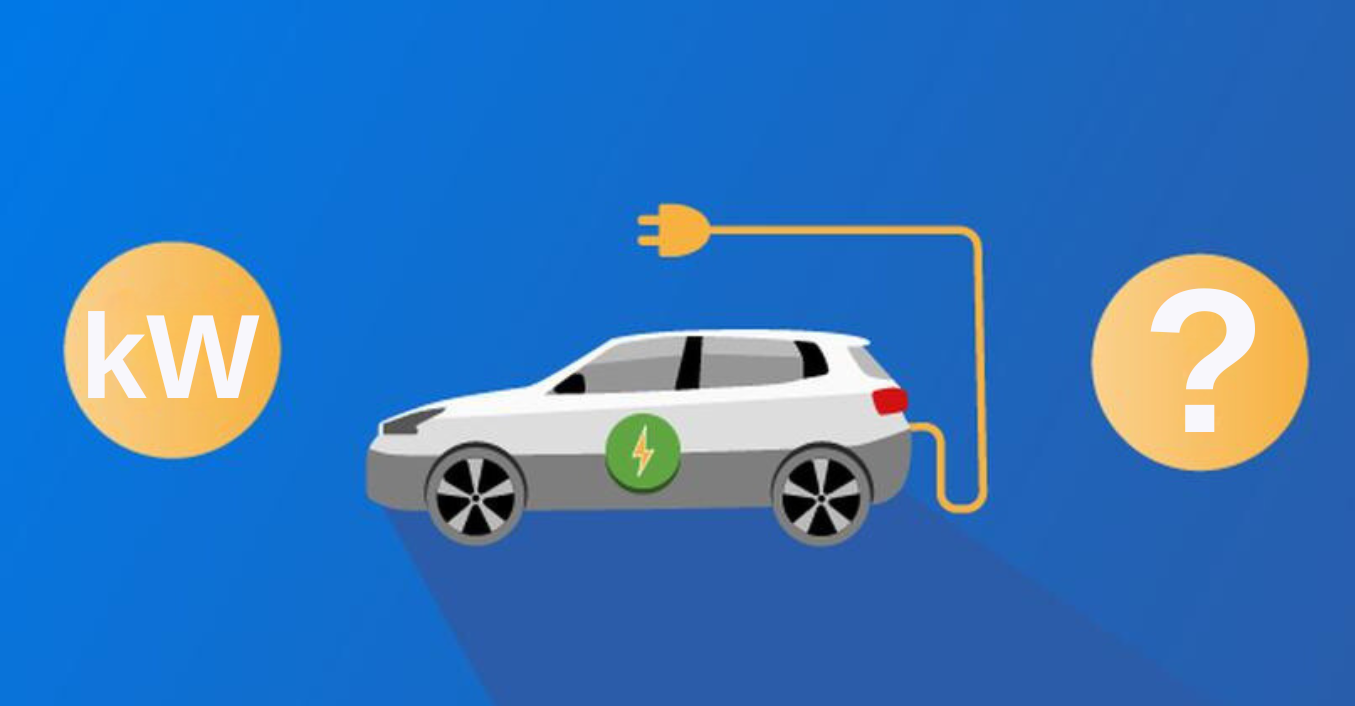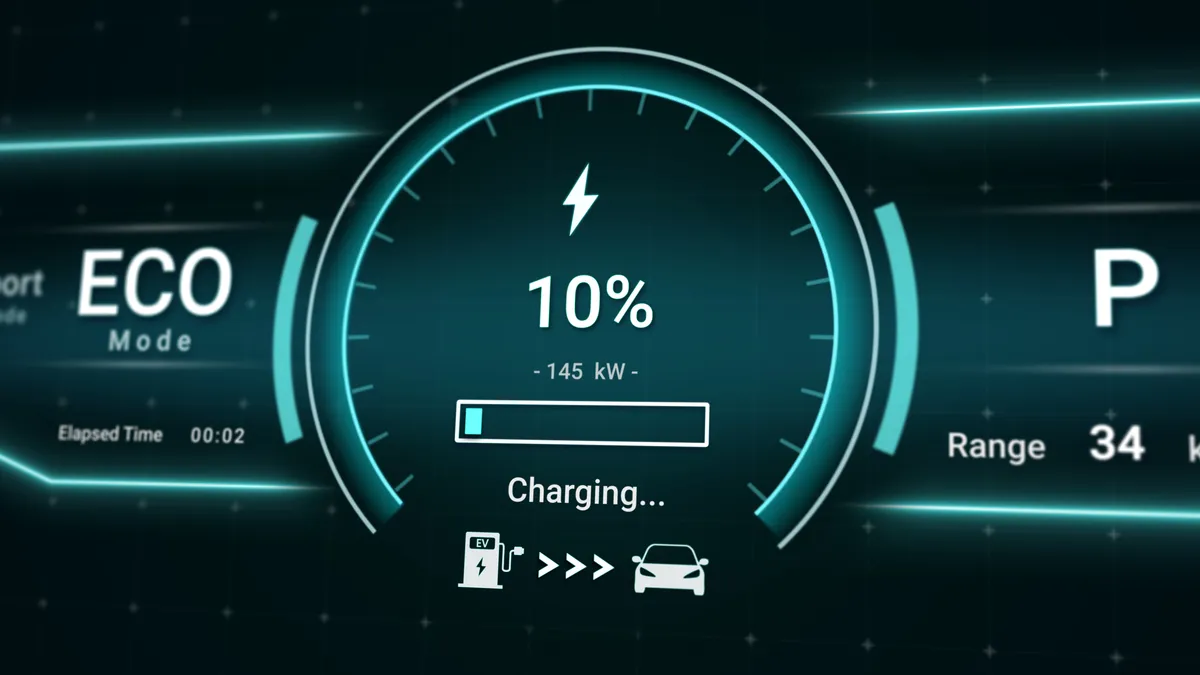Nowadays, electric cars are becoming increasingly popular among car enthusiasts, attracting attention with their environmental friendliness and efficiency. However, in order to maintain the efficiency and durability of electric vehicles, it is necessary to pay due attention to the issue of charging them. This affects not only the operating time of the battery pack, but also the overall performance of the vehicle. Understanding the importance of this aspect is key to ensuring the longevity of an electric vehicle.
“The secret to efficient charging is knowing how many kilowatts your electric vehicle needs and choosing an infrastructure that can deliver the power you need.” – Octa Energy
How many kW are needed for maximum performance of an electric vehicle?
Experts note that the optimal kilowatt value can be recommended by the manufacturer based on the technical characteristics of a particular electric vehicle. The answer to the question of how many kilowatts you need directly depends on the car model, its battery capacity and charging technology.
Battery capacity
The larger the capacity, the more electricity is required to fully charge. For example, an electric car with a 60 kWh battery will require more energy than one with a 40 kWh battery.
To determine the total amount of energy required for charging, multiply the battery capacity by the discharge percentage. For example, if your electric car has a 50 kWh battery and is 30% dead, it will require 15 kWh of energy (50 kWh * 0.3) to fully charge.
Efficiency of the charging process
This indicator may depend on the electric vehicle model, its battery, temperature conditions and other factors. Typically, electric vehicle manufacturers list charging efficiency as a percentage.
Temperature conditions can affect the charging of an electric vehicle. During cold periods, batteries may be less efficient and will require more power to fully charge. Some modern models are equipped with thermal control systems to minimize this effect.
The battery charge does not always occur from zero to 100%. Many electric vehicle owners prefer to keep the battery charge within a certain range, which can affect overall energy consumption.
Charging cable requirements
The critical point is the choice of cable with the required power and the infrastructure of charging stations. The cable requirements are determined by the power of the charger and the ability to transfer the required number of kilowatts to the vehicle’s battery pack. Failure to do so may result in a slower charging process, which in turn may affect the overall performance of the electric vehicle.
When using a standard household electrical cable, which is typically around 2.3 kW, charging may take a long time. For faster charging, especially when using public charging stations, it is necessary to provide adequate cable power. For example, using a 22 kW station can significantly reduce charging time compared to a typical home connection.
Charging power depends on two factors: the maximum power of the charging station and the technical characteristics of the electric vehicle itself, such as how much energy it consumes. On average, charging an electric vehicle with a 60 kWh battery will take approximately 8-10 hours at a 7.4 kW home charging station.
Differences between charges
There are several types of charging: home, public and fast.
- Home charging usually has a power of 3.7 kW or 7.4 kW, and is intended for use at home.
- Public stations can be more powerful, reaching 22 kW.
- Fast charging, available at some stations, can provide up to 50 kW.
Not all electric vehicles support fast charging, in which case using a more powerful charger may not make sense. It is important to choose a charger that matches the specifications of your specific electric vehicle.
Charging an electric vehicle is a process that can be optimized for maximum efficiency. This includes not only choosing the right cable and charging station, but also using energy efficiently. To ensure optimal charging and a long service life for your electric vehicle, it is important to follow the manufacturer’s charging power recommendations and choose the right charging stations to suit your vehicle’s needs, like Octa. Smart use of electricity when charging not only ensures convenience, but also maximizes the life of your electric vehicle.
“Battery care, choosing the optimal charging parameters and using the appropriate cable are the keys to long-term service and high efficiency of the electric vehicle.” – Octa Energy




